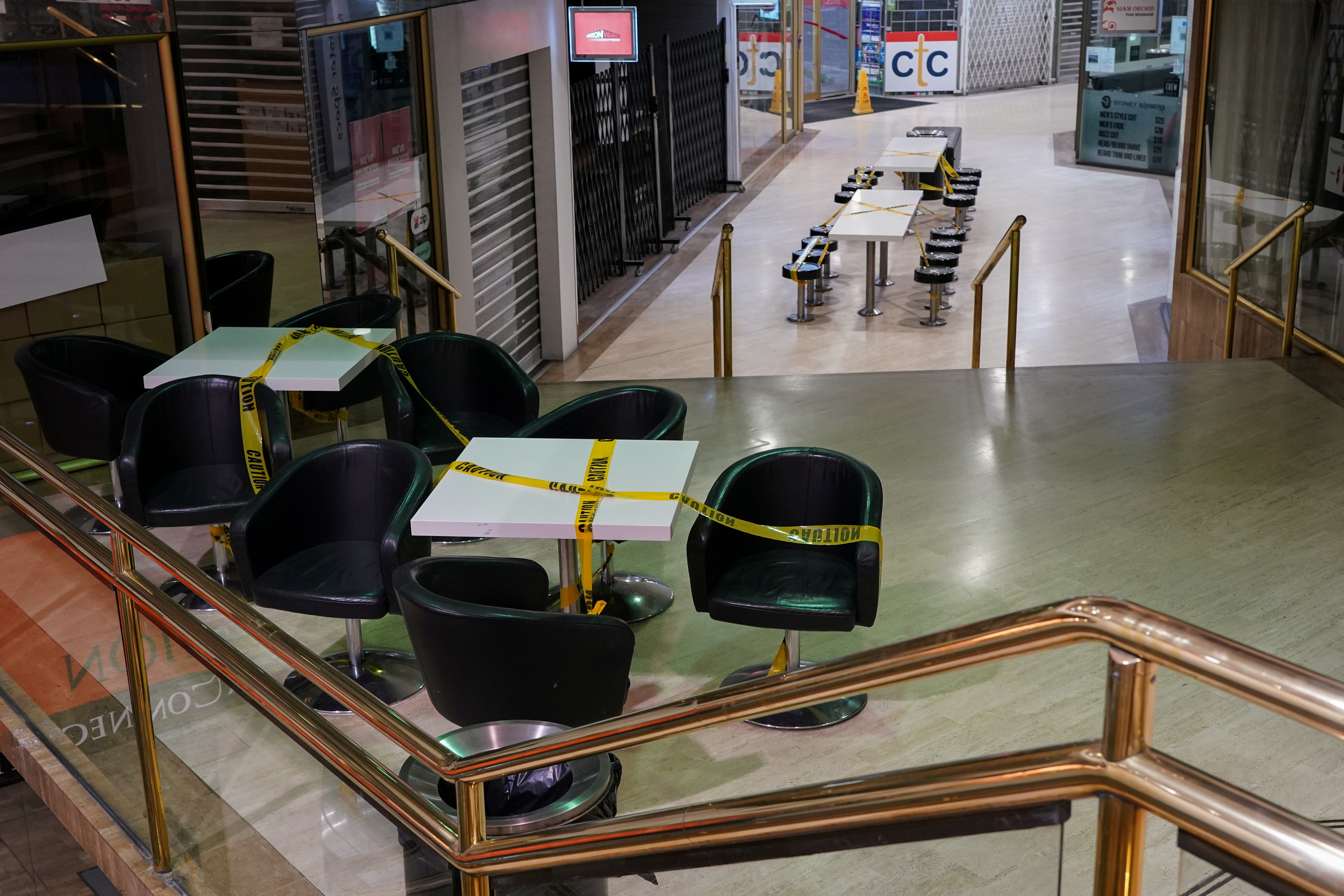Live Streaming
Program Highlight
Company Profile
Australian soldiers to help with virus checks as PM sets plan to freedom
Written by Nur Yasmin
Australian soldiers will help to enforce coronavirus isolation orders in the hard-hit city of Sydney, police said on Friday, as resentment seethed in some communities over new curbs to stem the highly contagious Delta variant.
Prime Minister Scott Morrison held out hope of better times with a four-stage plan back to freedom but said 80% of adults would have to be vaccinated before the border can begin to open.
Sydney's five million people are under a strict stay-at-home order because of a worrying surge of nearly 3,000 infections since the middle of June.
Authorities have this week outlined even tighter restrictions for some worst-affected suburbs, including mandatory testing and mask-wearing outdoors.
From Monday, some 300 army personnel will help police go door to door to ensure people who have tested positive are isolating, New South Wales police commissioner Mick Fuller told a news conference.
"The sheer volume of increase over the last week, the level of compliance has gone from hundreds into thousands," he said.
The military personnel will not be armed and will be under police command, he said.
Australia had handled the coronavirus crisis much better than many other developed countries, with just over 34,000 cases and fewer than 1,000 deaths. But it has been achieved that largely by sealing its border to all but a trickle of people since the pandemic began.
A vaccination drive that got off to a slow start because of a shortage of doses - only 18% of adults are fully vaccinated - coupled with the emergence of the virulent Delta variant have triggered new clusters, shaken public confidence and stirred anger.
Sydney's latest surge of cases has been traced back to an unmasked, unvaccinated airport driver who got infected last month. Since then, Australia's biggest city has reported 13 deaths.
On Friday, Sydney entered its sixth week of a nine-week lockdown with 170 new cases, down from a record 239 a day earlier. Of the new cases, at least 42 spent time in the community while infectious.
State health minister Brad Hazzard said people were waiting too long to get tested after developing symptoms.
FRUSTRATION OVER CURBS
The outbreak has crossed Sydney from the affluent beachside district of Bondi to the poorer western suburbs, where community leaders said residents felt unfairly targeted by the new curbs.
"They've got no other ideas than to bring in the military as a last resort because they're lost for answers on issues they created," said Steve Christou, mayor of the Cumberland area, where 60% of its 240,000 residents were born overseas.
"They are a poor community, they are a vulnerable community, and they don't deserve these lockdowns or these extended and harsh measures," he said in a telephone interview.
People in the western suburbs have been told to stay within 5 km (3 miles) of home and have a virus test every three days in order to be allowed to do essential work outside the area.
Police have also been given powers to close businesses breaking the rules.
With anger rising, the prime minister set out a four-stage escape route to freedom.
Australia is now in phase A, or the suppression phase of the plan, with large parts of the country plunging in and out of lockdowns to stamp out the virus, Morrison told a news conference.
Phase B would be reached when 70% of adults are vaccinated, which Morrison said would mean greater freedoms and special rights for the inoculated. He did not specify a timeframe but said phase B could be reached by Christmas.
"Lockdowns in phase B are less likely, but they are possible," he said.
Morrison said the border would be gradually reopened in phase C of the plan, when 80% of adults have been vaccinated.
"We are vaccinating the nation, and that enables the nation to be able to move forward ... to the types of freedoms that we're seeking," he said. (Reuters)




